Apart from “Three”, the name of the third child born to a dysfunctional family appearing in the Netflix series Ozark, I don’t recall any people having numbers as names, other than as an appendage for kings, queens and American parents who inexplicably give their children exactly the same names as themselves. I had a childhood friend officially known as Edgar Ansell Vincent Malay III (you can guess his dad’s name) who was more conveniently known as Buddy.
Names that are words are simply more memorable, because they have colour, often have meaning and sound more human. The same seems to apply to cars, too, as one recent research study suggested that a car’s name can be almost twice as easily recalled if it’s a word rather than a number. The research was carried out using the most popular models within three broad vehicle segments, namely SUVs, small cars and family cars, the respondents asked to identify a car as it passed them by.
The most recognized SUV was the Range Rover Evoque with a 47% recognition rate, while the Volvo XC90 and BMW X2 scored 32% apiece. Among smaller cars the Ford Fiesta was recognized by 50% of the respondents, while the Citroen C1 and BMW 1 Series managed 25% and 32% respectively. The Mazda 3 (21%) and Volkswagen Golf (47%) bookended the family car group.
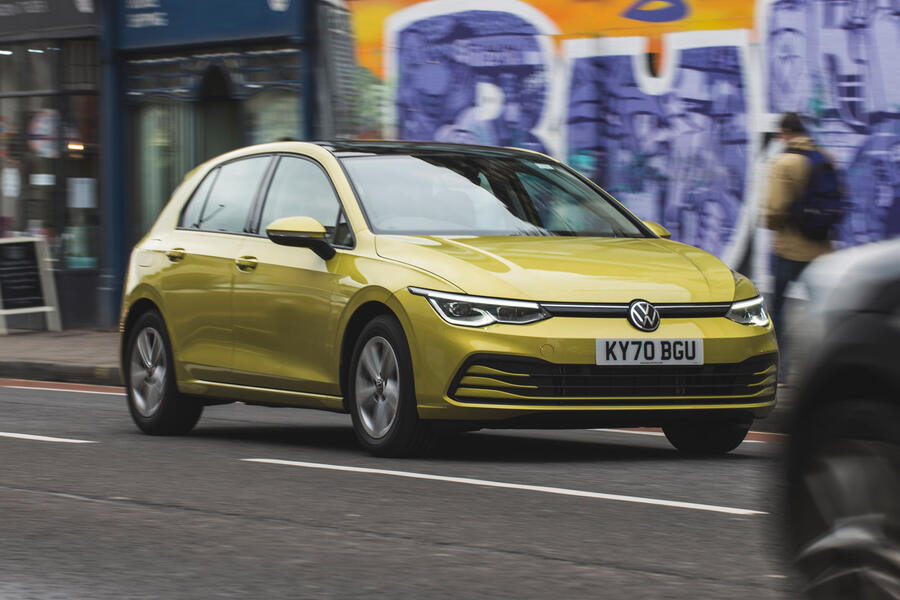
Of course, the research is a little crude in that it will also be testing the recognisability of a car’s design as well as its name, not to mention how often you might encounter an example on the street. You’re a lot more likely to see a best-selling Ford Fiesta than you are a Citroen C1.
For this reason the researchers also tested the memorability of names within a model range composed of cars identified by both words and digits. Not easy to do, because most manufacturers tend to stick with one naming system or the other. But a rare exception is Ferrari. And the results here broadly bear out the theory that words cling to grey matter longer than numbers.
The Enzo achieved a 22% recognition rate, the California 13% and LaFerrari 12%, while among numerically numbered Ferraris the results were nine% for the 812, seven% for the 488 and 6% for the F8.

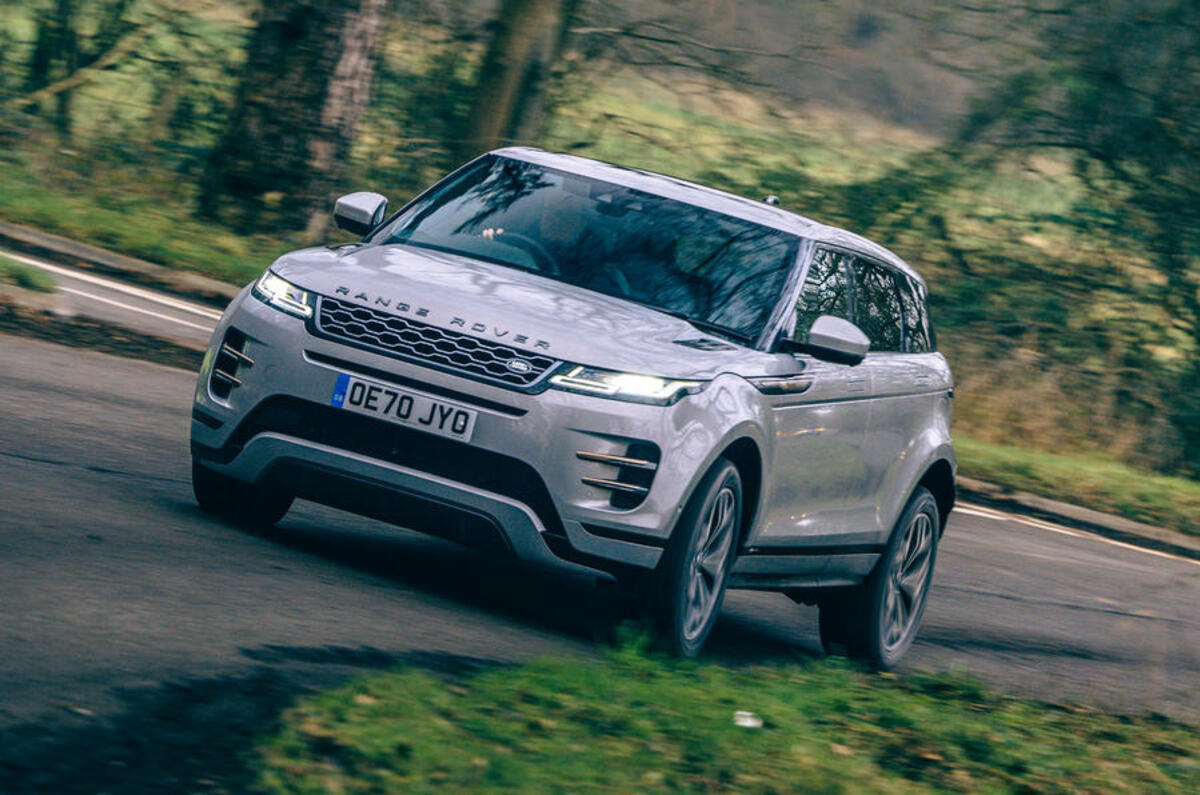
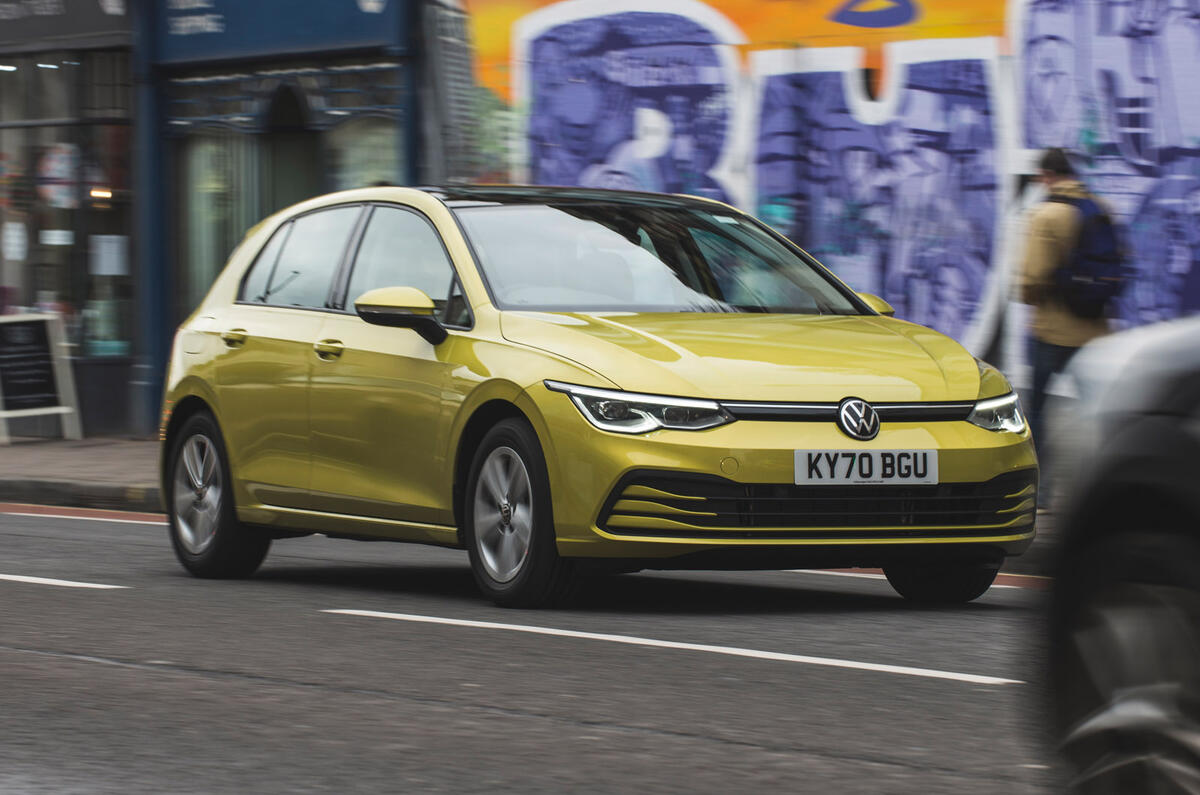
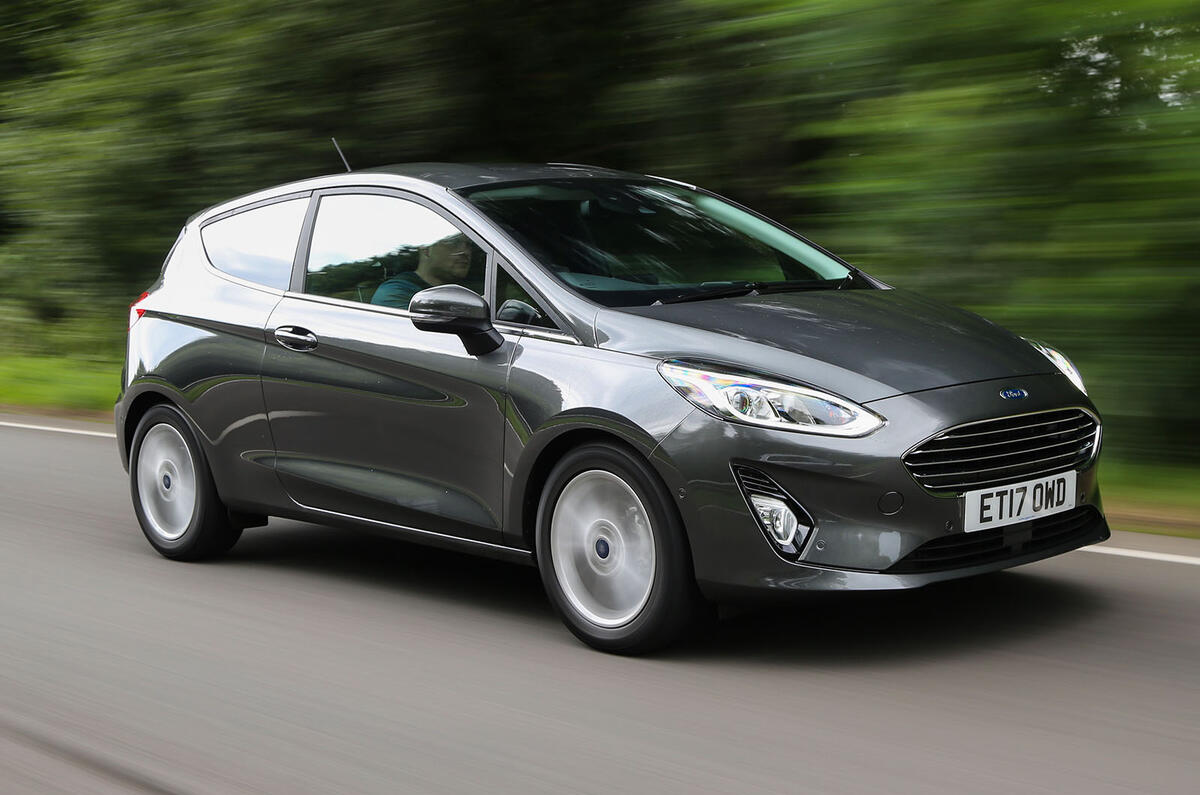

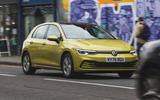
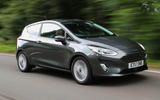


Join the debate
Add your comment
Numbers in cars are no more difficult to remember than for example opus/catalogue numbers in a composer's work. K55 pinpoints exactly which of Mozart's 40+ symphonies you are referring to.
The problem is when the same number refers to different generations of the same model. 911 but which generation? Then you have to go all nerdy and say 993, 996 etc.
Then again names don't change from one genration to the next. The labelling at the back says Golf rather than Golf 7, Golf 8 etc.
Names can be forgettable too. I think VW groups recent names are very forgettable- Kamiq, Kodiaq, Karoq, Arona, Ateca, Taycan, Macan, Cayman, Cayenne....and number can be memorable if theres a system. Ferrari used to have 308, 412, 512 relating to number of cylinders, then for some reason their numbering became quite random and forgettable. I could'nt tell you any of ferraris current numbered cars, but maybe at that price level perhaps being forgettable doesn't affect sales...!